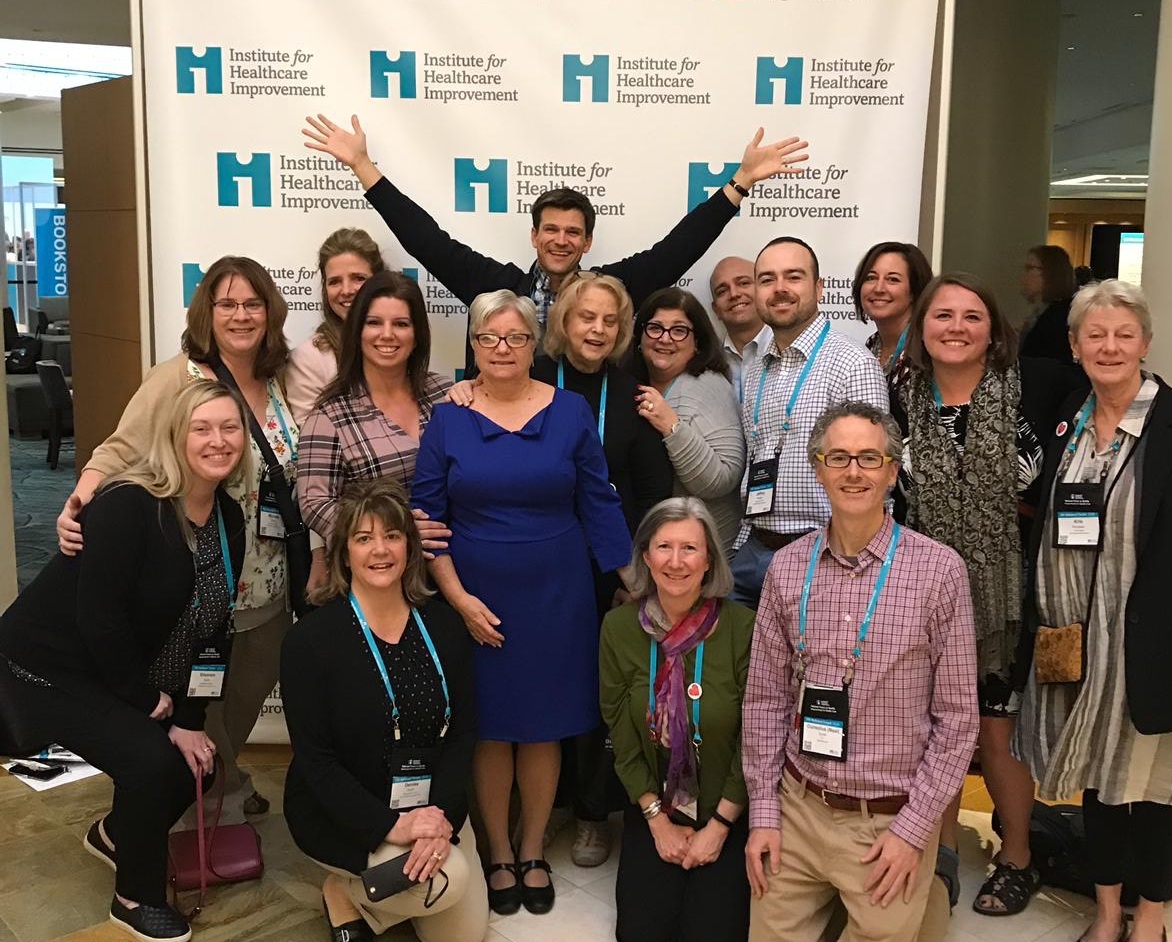““Our Partnership makes it possible to improve the day-to-day work experience for everyone – SHARE members and the rest of the front-line workforce, front-line supervisors, managers, SHARE leaders, and senior leaders – through working together to improve quality for our patients.””
In the SHARE-UMass 2016 contract agreement, we established a Labor Management Partnership, one of only a handful of such partnerships between unions and management in healthcare. SHARE and UMass Memorial established this partnership with the belief that in such a challenging time for healthcare, the only way to make UMass Memorial the best place to give care and the best place to get care is for our union and management to work together.
What is a labor management partnership?
Over twenty years ago, we formed our union here with two primary goals in mind: to be able to take better care of each other, and to be able to participate in the decisions that were made about us and our work. These twin aims, of solidarity and voice, made an important advancement when we formalized our Labor Management Partnership.
Our Partnership gives our members a way to participate in the issues that are of greatest concern to them: not only how they are paid and how their time off system works, but whether they have the resources, tools and skills to do their job well, to provide care they are proud of, and to solve problems productively and respectfully. We know we have a ways to go in making this a great place to work for everyone, but we believe our partnership puts us on the right path.
In addition, the Partnership commits us to act according to a common set of principles.
““We know that forming a partnership does not mean that we always agree, but rather that we handle our disagreements responsibly.””
What are the principles of our partnership with UMass?
Our 2016 contract agreement outlines the following principles of our partnership:
Participation by all levels of employees can create the workplace culture we seek.
We recognize that unions represent an important integrating factor in civil society.
We are committed to a non-legalistic relationship, and we have developed a problem solving process that embodies our values.
We believe in the use of transition periods, to face change and begin new projects on the right foot.
We believe in mediation to find solutions to complex problems and conflicts.
We believe in information sharing and in joint learning.
We believe in learning. For individuals, for groups, for all adults at work. We want to promote learning, because we know that our overall success is connected to how much we know, how much we understand, and how much we can do with this knowledge.
How is our partnership structured?
Our partnership is governed by the Labor Management Partnership Council (LMPC), which meets monthly and chaired by SHARE’s lead organizer, the leader of HR for the hospital system, and the leader of the Medical Center. Representatives from across the system sit on the LMPC, including SHARE’s officers and management senior leaders.
What has our partnership accomplished?
The LMPC’s greatest achievement has been the creation of Unit Based Teams, which represent our boldest effort to spread the aspirations and principles of partnership to the frontline. Our goal is for each of the roughly 3,000 SHARE members to be able to join a team, and we’re consistently advancing toward that goal.
Each team has its own growing list of accomplishments. Learn more on our website about this program and about the successes of individual #UBTs.
To help us do this work, we have negotiated a jointly-funded Partnership Office, where the Partnership Program Coordinator and UBT Coaches focus their efforts to continually evaluate and improve the efforts of our collaborations, and to research the field for effective Labor-Management partnership ideas.
Already partnership has enabled us to keep our members safe through the pandemic. Employee engagement has improved. We’re working together to solve the present staffing crisis through joint recruiting of new coworkers. And we continue to innovate better ways to solve problems at work.
